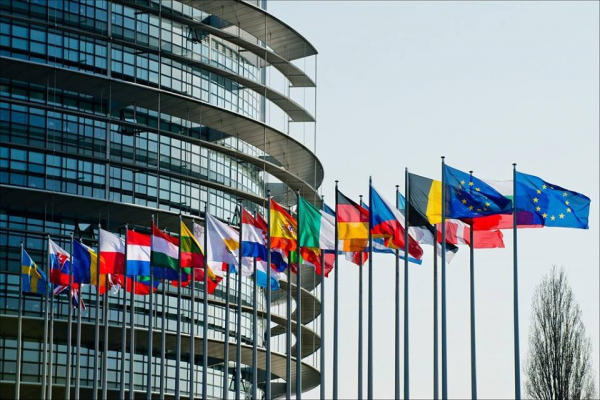
Unfounded asylum applications lodged by Georgian citizens to EU Member States and Schengen-associated countries remains an issue that requires ongoing and substantial efforts by the Georgian authorities, - reads the report issued by the Council of Europe and the European Parliament.
According to the report, between 2018 and 2019, the number of refusals of entry for Georgian nationals in the Schengen increased by 17% (from 3,805 to 4,435), also the number of Georgian nationals found to be illegally staying increased by 26% (from 9,400 to 11,845).
“The number of asylum applications lodged by Georgian nationals in the Schengen+ area increased by 9%, with 21,570 applications lodged in 2019 compared to 19,730 applications lodged in 2018. For the third year in a row, Georgia continued to be the main country of origin of applicants among visa free Eastern Partnership countries. The asylum recognition rate decreased to 4.1% in 2019 (compared to 4.7% in 2018). In the first quarter of 2020, 3,795 asylum applications were reported, 42% less than in the same period of 2019.
As regards cooperation on readmission, there has been a decrease in the return rate. The return rate in 2019 decreased to 52% (compared to 65% in 2018), with 8,520 Georgian nationals effectively returned. However, since EU Member States report good cooperation on 15 readmission of own and third country nationals, this decrease in the return rates should not be attributed to underperformance or changes in the cooperation”, reads the report.
In addition, according to the document, “Georgia continues to implement anti-corruption reforms via its Anti-Corruption Strategy and Action Plan 2019-2020 reflecting anticorruption priorities in different sectors (judiciary, private sector, political corruption, procurement, etc.) and taking into account the recommendations by international actors. However, some concerns of high-level corruption persist.”
v-if="article.gallery" v-html="article.gallery"
(adsbygoogle = window.adsbygoogle || []).push({});